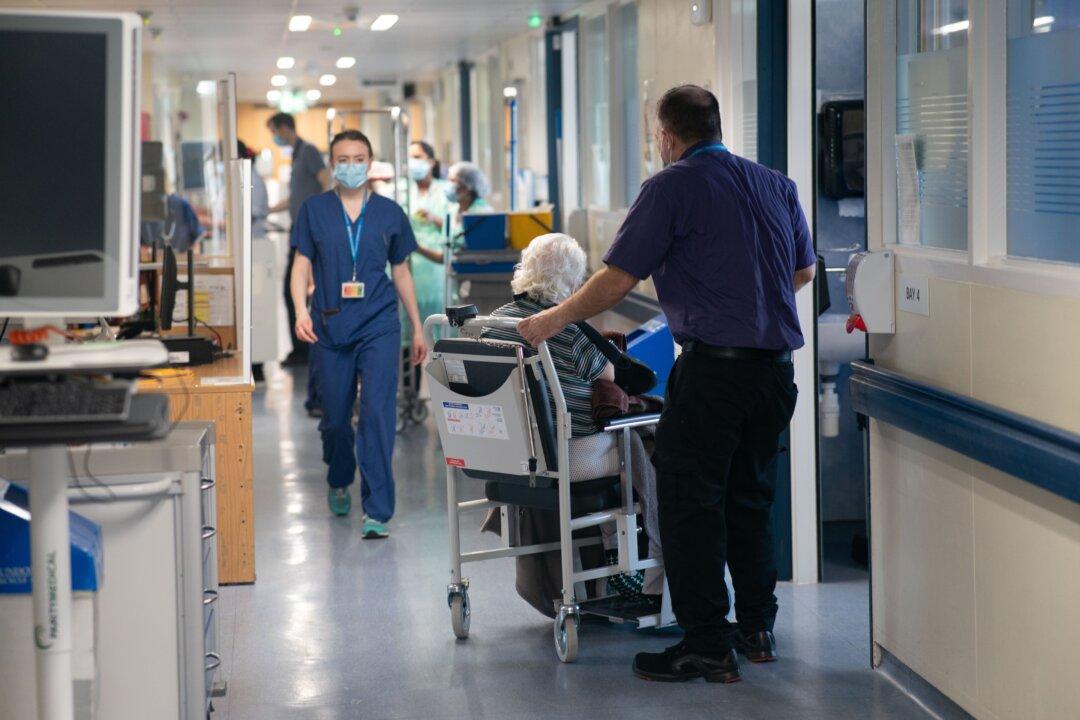NHS waiting lists in England have climbed to a record high amid continuing industrial action in the health service.
According to official data released on Thursday, 7.47 million people were waiting to start routine hospital treatment at the end of May, up from 7.42 million at the end of April.





